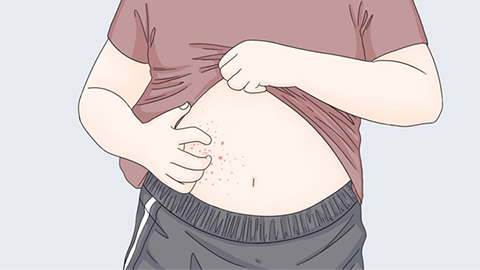Can I eat rambutan if I have eczema?
Generally, eczema patients can eat rambutan, but it is not advisable to consume it in large quantities. The detailed explanation is as follows:

Rambutan is rich in vitamin C, B-complex vitamins, dietary fiber, and minerals such as potassium and magnesium, which help maintain normal body metabolism. Vitamin C has antioxidant properties that can reduce skin inflammatory responses and assist in alleviating skin discomfort caused by eczema; B-complex vitamins participate in the repair process of skin and mucous membranes, helping maintain healthy skin; dietary fiber promotes intestinal motility, accelerating the elimination of metabolic waste from the body and indirectly reducing the accumulation of allergens. Moreover, rambutan is not a common highly allergenic food. As long as the patient is not allergic to it, moderate consumption usually does not directly trigger or worsen eczema symptoms. It can also provide energy and nutrients to aid the body's recovery.
Eczema patients should choose fresh and ripe rambutan, avoiding spoiled or unripe fruits, to prevent gastrointestinal discomfort caused by food irritation, which may indirectly affect skin condition. Additionally, the overall diet for eczema patients should remain light, avoiding simultaneous intake of spicy, greasy, high-sugar, and other irritating foods. After consuming rambutan, patients should observe any changes in their eczema symptoms. If itching or worsening of rashes occurs, consumption should be stopped immediately and medical attention sought promptly.






